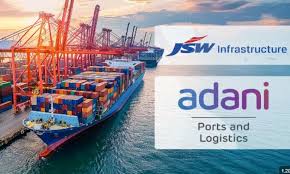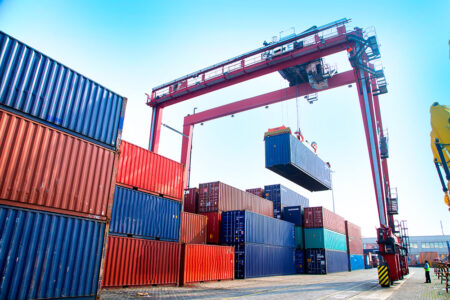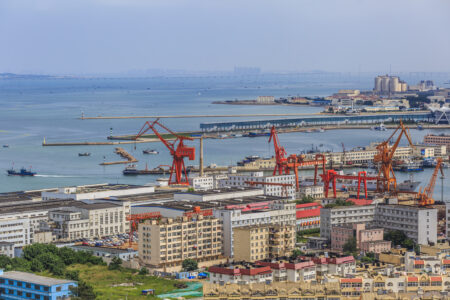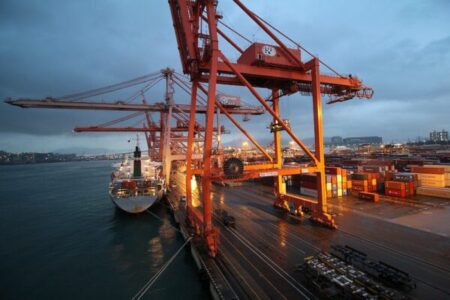Adani Ports and JSW Infra eye logistics growth through end-to-end services, assets, and ₹29,500 crore in capex.

In a strategic push to boost revenue and streamline cargo movement, India’s leading private port operators Adani Ports and Special Economic Zone (APSEZ) and JSW Infrastructure are aggressively expanding into integrated logistics. With profitable port assets becoming scarce, both companies are shifting focus toward hinterland connectivity and end-to-end transport services.
The expansion aims to enhance cargo volumes, customer revenue, and port efficiency, with both firms doubling down on infrastructure development and strategic acquisitions.
APSEZ, the country’s largest private port operator, now boasts a robust logistics arm, including:
- 132 rakes
- 12 multimodal logistics parks (MMLPs)
- Over 3 million sq. ft. of warehousing
- 937 trailers and tippers
- 6,000+ containers
- 18,250 hectares of industrial land, with another 1,528 acres under development across strategic industrial clusters
During its Q4 FY25 earnings call, APSEZ reaffirmed its ambition to become a fully integrated transport utility, with a logistics revenue jump of 38.6% YoY to ₹2,881 crore and EBITDA growth of 18.9% to ₹642 crore. However, margins slipped slightly to 22% from 26% in FY24. Trucking income reached ₹428 crore in FY25 and is projected to triple by FY26. A capital investment plan of ₹20,000–₹20,500 crore is in place to fund trucks, trains, land, MMLPs, warehouses, and agri-silos through FY30.
Meanwhile, JSW Infrastructure is pursuing rapid growth through inorganic means. The company:
- Acquired a majority stake in Navkar Corporation for ₹1,644 crore
- Filed acquisition bids with the NCLT
- Plans to establish 15–20 Gati Shakti Cargo Terminals (GCTs) over five years
- Will utilize 100 acres of land in Morbi (Gujarat) and Panvel (Maharashtra)
With an eye on achieving ₹8,000 crore in logistics revenue and a 25% EBITDA margin by FY30, JSW Infra aims to capitalise on synergies with JSW Group, a lean asset-light GCT model, and significant financial restructuring. In FY25, it clocked ₹250 crore in logistics revenue with ₹41 crore EBITDA and forecasts 50% growth in logistics revenue for FY26.
Experts note that while the shift to logistics aligns well with core port operations, the segment’s low-margin nature could impact overall profitability. Both APSEZ and JSW Infra are betting on long-term returns through multi-year capex plans – ₹20,000+ crore by APSEZ and ₹9,000 crore by JSW Infra through FY30.
According to logistics analysts like Goel, these aggressive capital outlays carry financial risk, but the strategic integration of port and logistics ecosystems may yield strong positioning for both companies in India’s evolving supply chain landscape.
Source: Maritime Gateway











